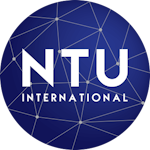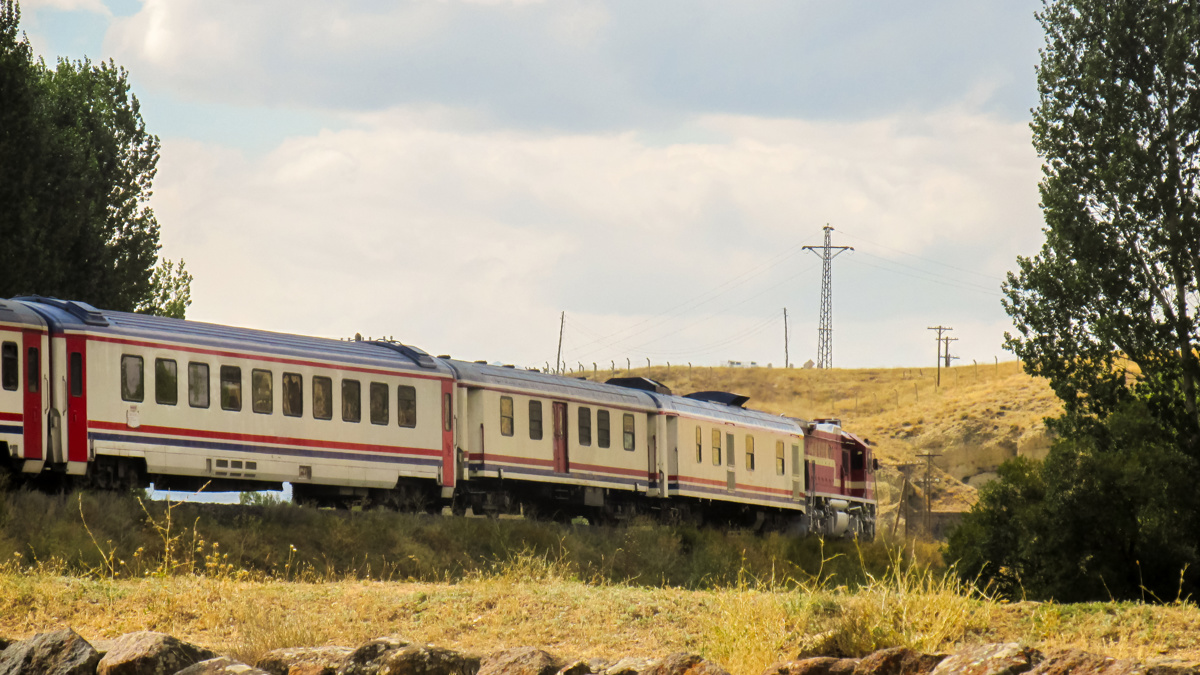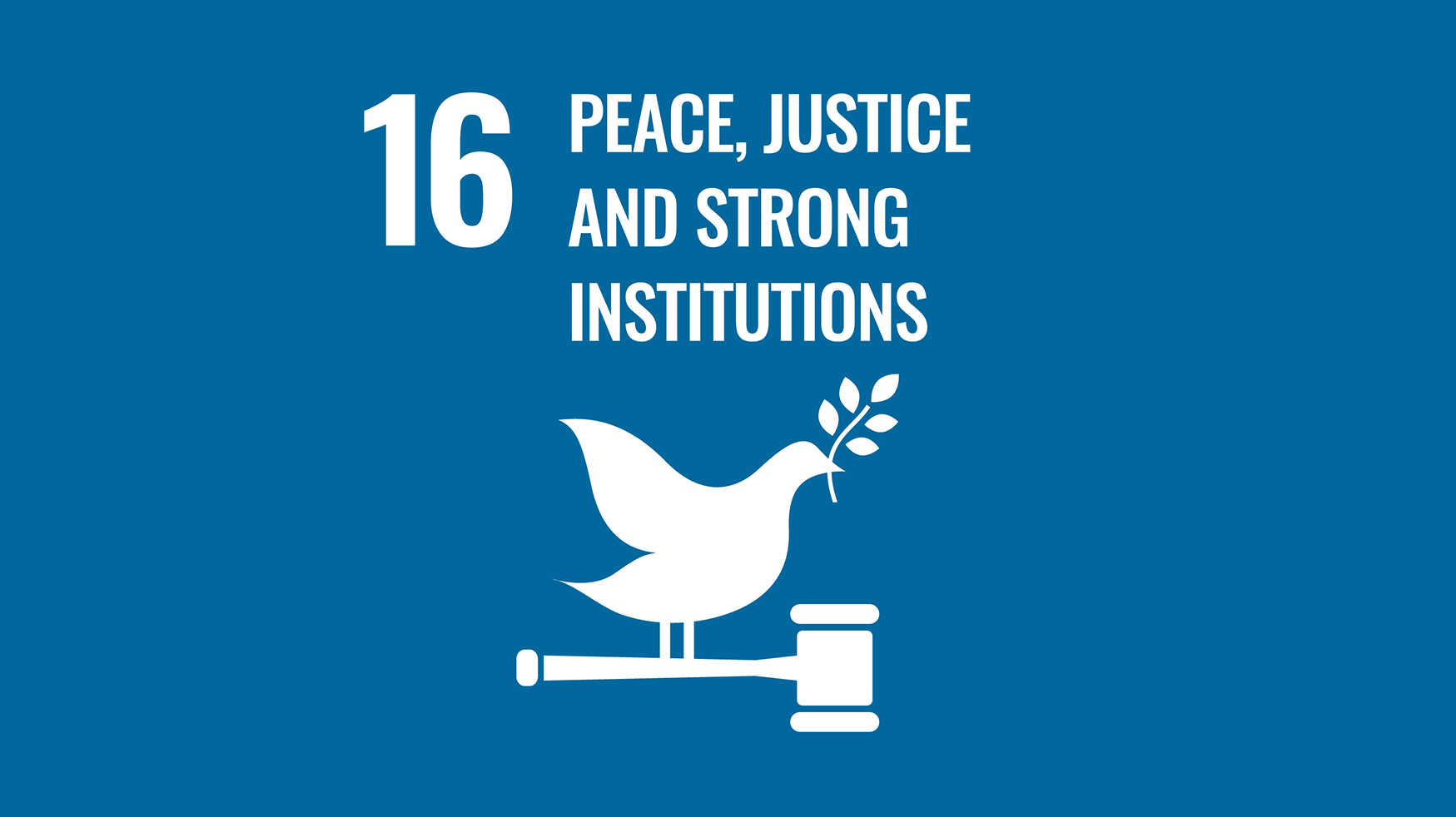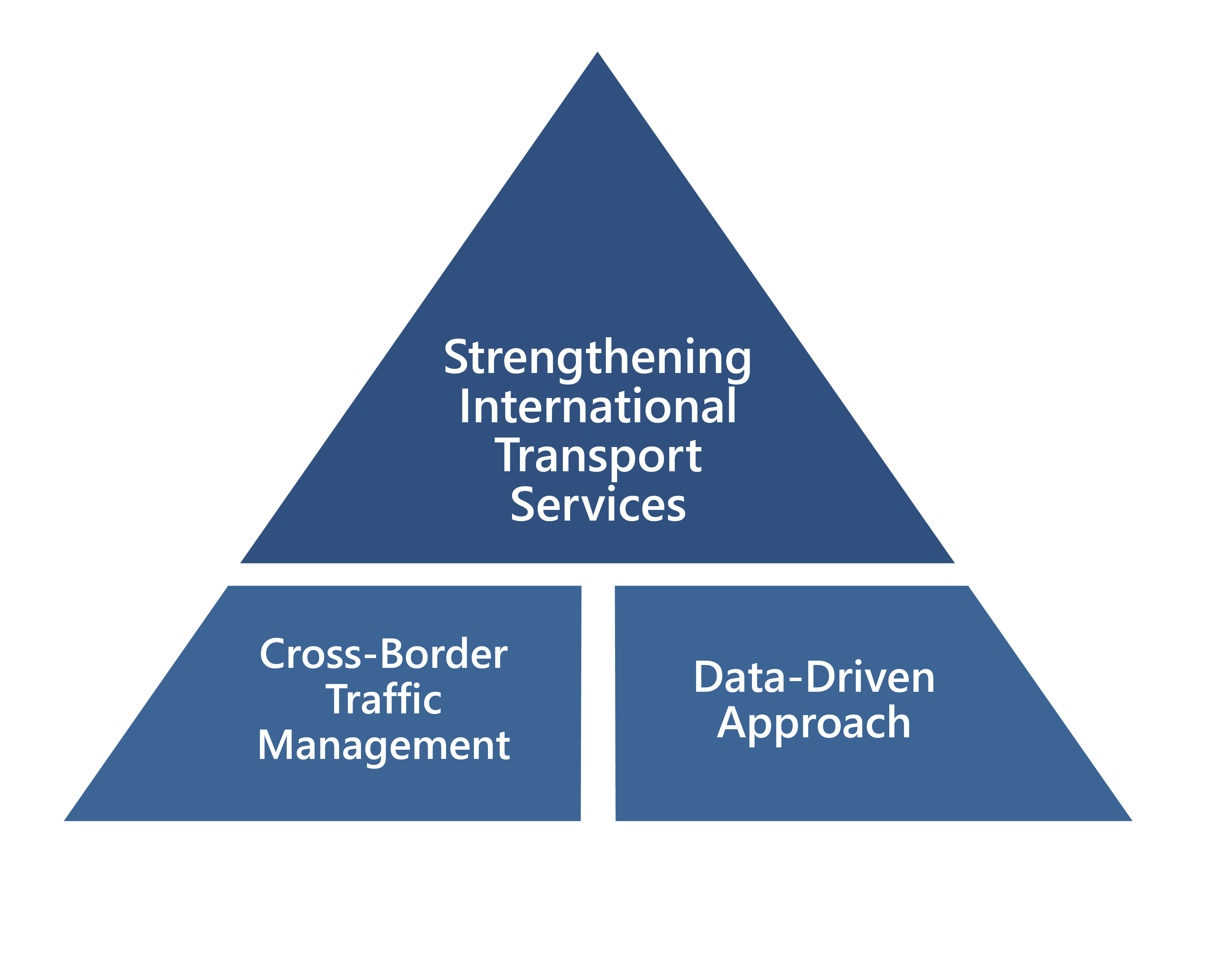
Having a strategic geographical position among Europe, Asia and Africa continents and a vast market opportunity with a high number of young populations, Türkiye has an essential role in the EU and EU’s socio-economic policies and priorities. Türkiye and the EU share mutual benefits in many areas, ranging from foreign policy, economic and trade relations, energy supply and security to border management, employment, and migration policies. Irrespective of the accession negotiation process, Türkiye remains a strategic partner due to strong ties on economic and political grounds, such as the Customs Union and the migration agreement.
In this context, efficient cross border management is crucial for Türkiye’s integration with the EU and boosting mutual economic benefits. The EU supports Türkiye in strengthening logistics by improving border processes, facilitating smoother trade flows, and enhancing Türkiye’s role in international networks. The project aims to ease bottlenecks at key crossings, promoting a more balanced, sustainable, and efficient system. One of the key border crossings is located between Bulgaria and Türkiye, as part of the Halikali-Kapikule line, which addresses critical aspects of border management and regional connectivity between Türkiye and the EU.

Bulgaria has faced significant migratory pressure along its border with Türkiye, with illegal crossings rising in recent years, partly due to stricter border control measures implemented by the Greek government. During Bulgaria's process of joining the Schengen Area, the need for enhanced technological solutions in border management became clear to effectively address the growing migratory pressure and ensure safe, orderly, and fluent border control system.
Implementation
Our Consortium implements the project by focusing on cross-border management and identifying opportunities to improve migration and trade flows at Türkiye’s key international borders. The project examines the impact of infrastructure developments, such as the high-speed rail project in the Istanbul-Kapıkule corridor (border with Bulgaria), which will improve border processes and facilitate smoother cross-border movement of goods and people. The Experts Team works closely with stakeholders to assess the efficiency of border crossings and identify bottlenecks. By analysing traffic data and migration trends at key borders such as those with Bulgaria, Georgia, and Iran, the project aims to enhance border security, optimise migration flow management, reduce congestion, and strengthen Türkiye’s role as a sustainable cross-border hub in alignment with EU priorities.
Impact
The following impacts are expected to be observed after the finalisation of the project:
-
The project is expected to enhance cross-border connectivity, improving the flow of goods and services between Türkiye and neighbouring countries, particularly at key border crossings with Bulgaria, Georgia, and Iran.
-
Reducing congestion at critical border crossings and improving overall border management.
-
Strengthening infrastructure at these borders supports Türkiye’s alignment with EU standards, reinforcing its role as a strategic partner and key cross-border trade hub.
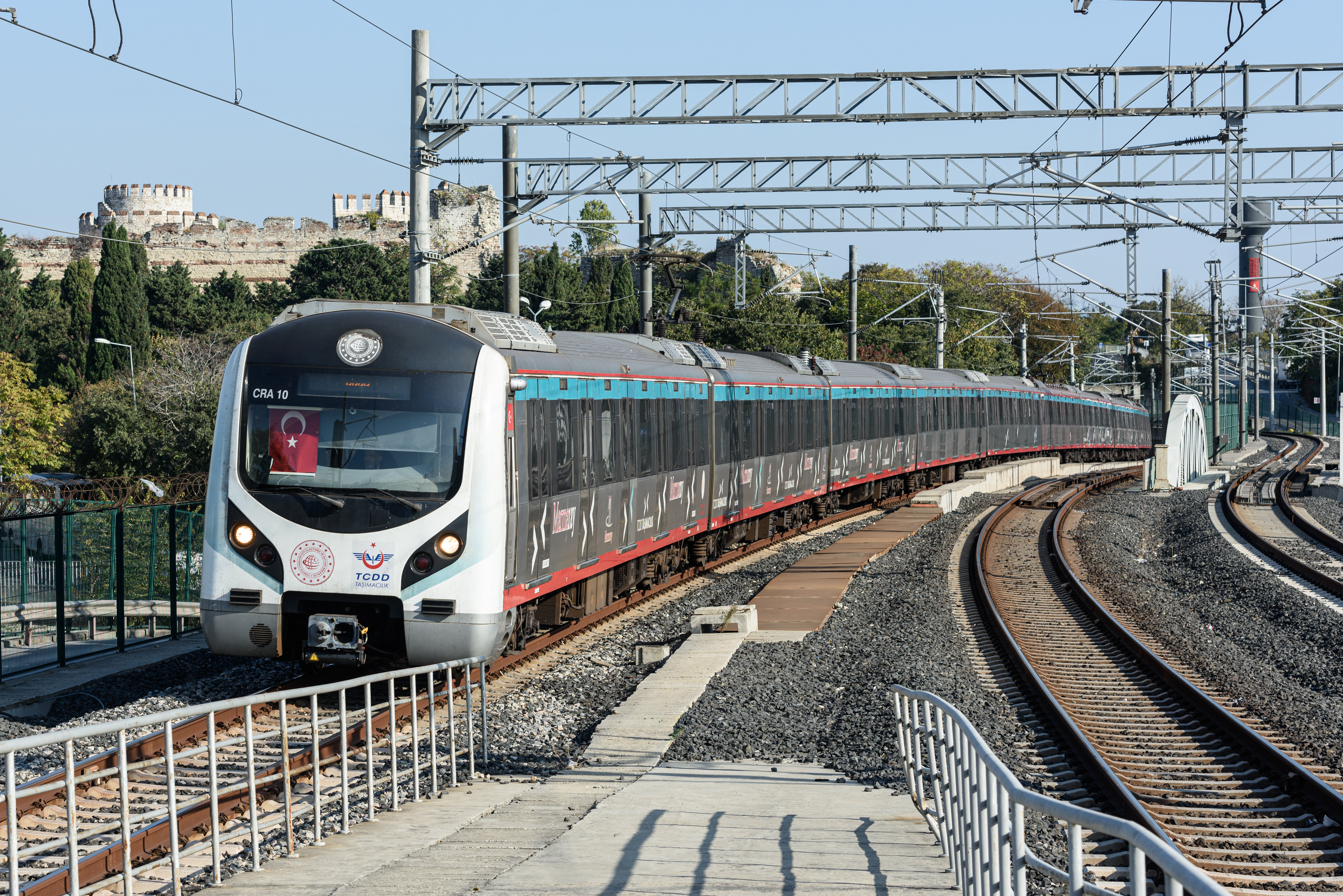
SDGs:
